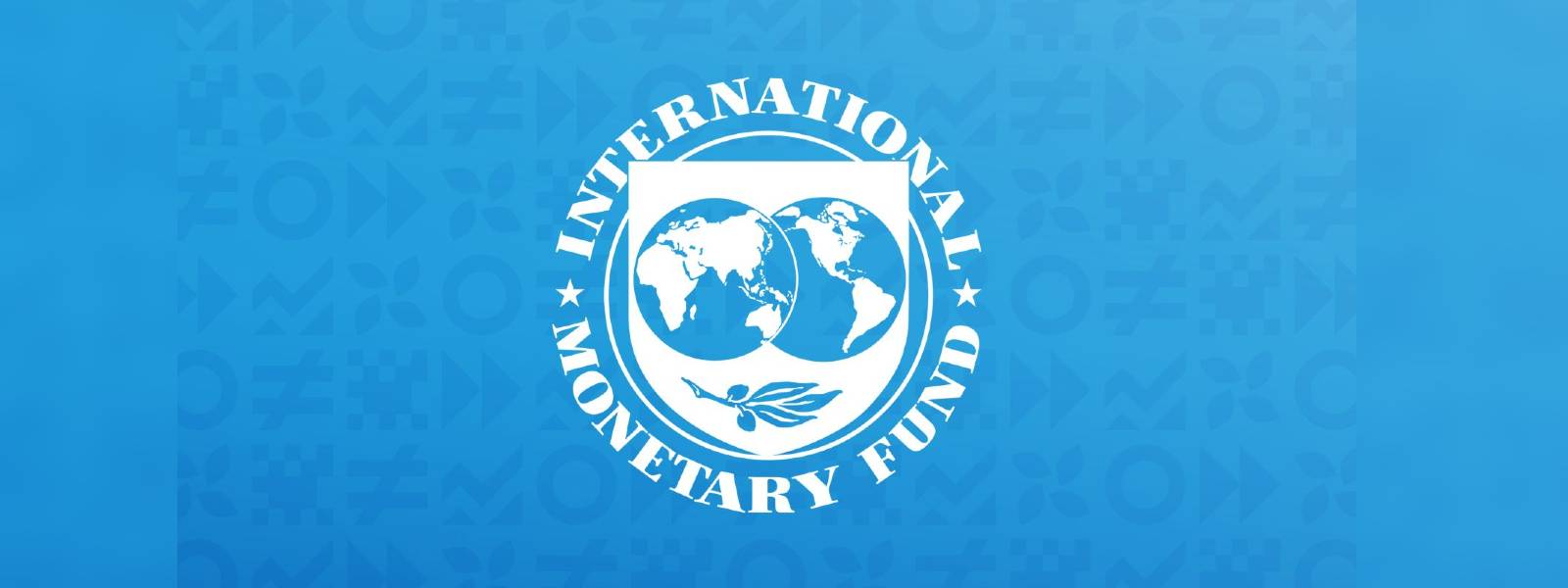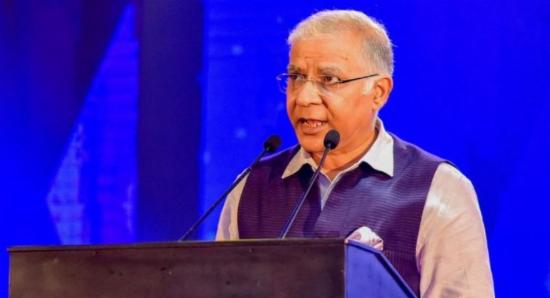.webp)

The importance of understanding the role of the IMF
By Frederica Jansz
The word ‘IMF’ has got to be the most spoken in Sri Lanka today. As this word runs on a daily cycle of constant discussion which lends ear to a babble of discourse mostly filled with resentment, it is interesting to note, how few are aware of the true functions and makeup of the International Monetary Fund.
It is indeed correct that this powerful organization has repetitively come under criticism for a lack of accountability. The IMF has come under probe for a lack of ethics and whispers of corruption. For instance, in 2022, the Jens Weidmann report was released, whose findings were quietly buried. Jens Weidmann, former Bundesbank President, together with a panel of experts, had been appointed to conduct a review of institutional safeguards (which she recommended strengthening), identifying how the international organization could ensure effective and robust channels to guarantee accountability and transparency.
In Sri Lanka, more recently, criticism against the IMF has extended to accusing the organization of hypocrisy. The criticism expands further, asserting that the IMF does not function democratically.
I find this last observation increasingly interesting. What exactly do we mean when we refer to an organization failing to function in a democratic manner?
To begin with, the International Monetary Fund is not a government institution. Therefore, neither of its governing body nor its members are elected to serve.
Unlike a democratically elected government, voters cannot elect or remove members attached to the IMF and the World Bank. None of the parameters, like judges, ombudsmen, etc., which hold governments accountable, apply to the IMF or to the World Bank.
That said, both the IMF and the World Bank have come under mounting pressure to be held accountable; to be answerable for the wide range of tasks they perform that affect millions of people around the globe. Without a doubt, accountability is crucial.
Without attempting to offer any apologies for either one of these organizations, (I am not in the pay of either), it is nevertheless important to understand why and how both the IMF and the World Bank were first established.
Established after World War II, the primary objective was for both organizations to offer mutual assistance to countries that required postwar reconstruction and development.
Decades later, much has changed. Both these organizations lend primarily to developing and third-world, or what is now referred to as transitional, countries. Often, it is a catch-22 situation for the borrower, because the conditions attached to such borrowings have, over the years, changed the very nature of their relationship with the stakeholder. In this scenario, the IMF and World Bank are often seen to be “dictating terms” to the less fortunate – to countries like Sri Lanka, which are gasping for air. Drowning in monetary debt that has stripped its economy of legitimacy or longevity.
Like most of her Asian peers, Sri Lanka is under-represented in terms of size and quota at the IMF. Therefore, Sri Lanka does not have an effective voice at the IMF executive board. Unlike her richer member countries, Germany, France, Japan, the United Kingdom, Russia, China and Saudi Arabia– all of whom are directly represented at the governing board of the IMF by one Executive Director. Is this representation unequal? Yes.
Sri Lanka has no bargaining power, only a begging bowl.
Any powerhouse which has Saudi Arabia sitting at the table as a deciding factor would unequivocally be a basis to question the integrity, ethics and accountability of an organization like the IMF. But then, the governing board also has China and Russia. The bottom line is, irrespective of gross human rights violations and abuses committed by all 3 of these countries we are all, collectively, stuck with them, bound and gagged by the sheer strength of monetary power.
But despite the IMF and the World Bank’s lack of accountability, lack of control over staff and management, a flawed appointment process of its own staff, and loan conditions based on a “performance criteria” that is considered unfair - Sri Lanka, in its current dire economic situation desperately needs an organization like the IMF, to come in and discipline the country’s government which has for decades failed miserably to practice the ground rules of good governance.
There is no sense for Sri Lanka to engage in a finger-pointing exercise at this juncture when the entire nation is gasping for oxygen that only an organization like the IMF can provide.
This is a country where parents are making decisions to ration food to their children daily, they have been severed at the limb, unable to buy and cook a simple meal of rice and curry.
And then, let us correctly place hypocrisy at the door of the hypocrite. Sri Lanka is in the least likely position to mumble the words accountability, transparency and hypocrisy to organizations like the IMF and the World Bank in the backdrop of her own sad and horrific history of totalitarian rule, impunity, corruption and murder.
Not only has the country in the last two decades murdered its own people in the thousands, soiling its terrain with rivers of blood that have run deep into the very fabric, the core of humanity within this shattered nation, but also shredded into tiny minuscule fragments, any vestige of hope and promise the country has had since independence in 1948.
Someone recently asked me, are we as Sri Lankans being suckered by the IMF? The direct answer to that question is, no.
Frederica Jansz is a senior journalist and former Editor in Chief of The Sunday Leader newspaper. She currently lives in the US, together with her two sons.
Other Articles
Featured News





.png )






























.gif)